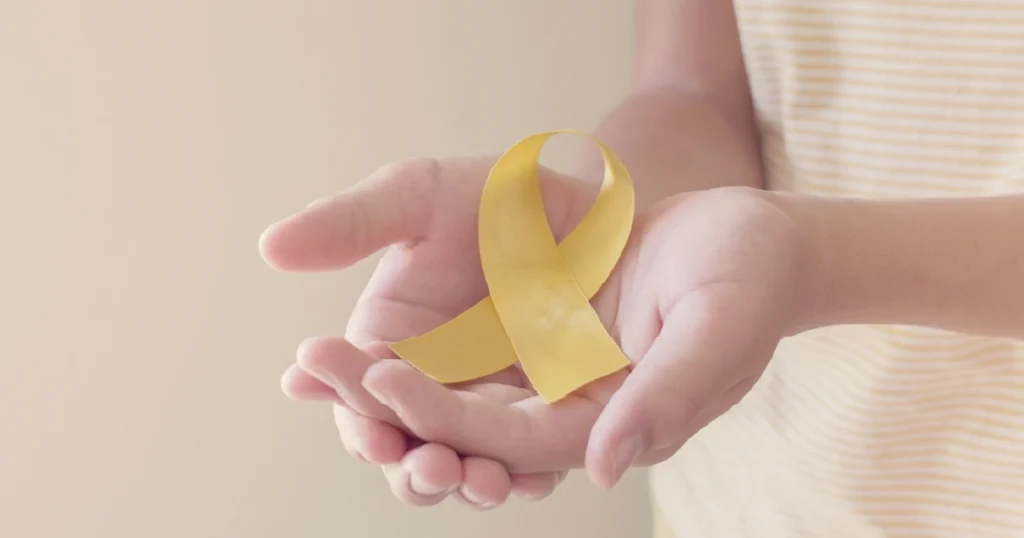Jamie Mains showed up for her checkup so high that there was no point in pretending otherwise. At least she wasn’t shooting fentanyl again; medication was suppressing those cravings. Now it was methamphetamine that manacled her, keeping her from eating, sleeping, thinking straight. Still, she could not stop injecting.
“Give me something that’s going to help me with this,” she begged her doctor.
“There is nothing,” the doctor replied.
Overcoming meth addiction has become one of the biggest challenges of the national drug crisis. Fentanyl deaths have been dropping, in part because of medications that can reverse overdoses and curb the urge to use opioids. But no such prescriptions exist for meth, which works differently on the brain.
In recent years, meth, a highly addictive stimulant, has been spreading aggressively across the country, rattling communities and increasingly involved in overdoses. Lacking a medical treatment, a growing number of clinics are trying a startlingly different strategy: To induce patients to stop using meth, they pay them.
The approach has been around for decades, but most clinics were uneasy about adopting it because of its bluntly transactional nature. Patients typically come in twice a week for a urine drug screen. If they test negative, they are immediately handed a small reward: a modest store voucher, a prize or debit card cash. The longer they abstain from use, the greater the rewards, with a typical cumulative value of nearly $600. The programs, which usually last three to six months, operate on the principle of positive reinforcement, with incentives intended to encourage repetition of desired behavior — somewhat like a parent who permits a child to stay up late as a reward for good grades.
Research shows that the approach, known in addiction treatment as “contingency management,” or CM, produces better outcomes for stimulant addiction than counseling or cognitive behavioral therapy. Follow-up studies of patients a year after they successfully completed programs show that about half remained stimulant-free.













